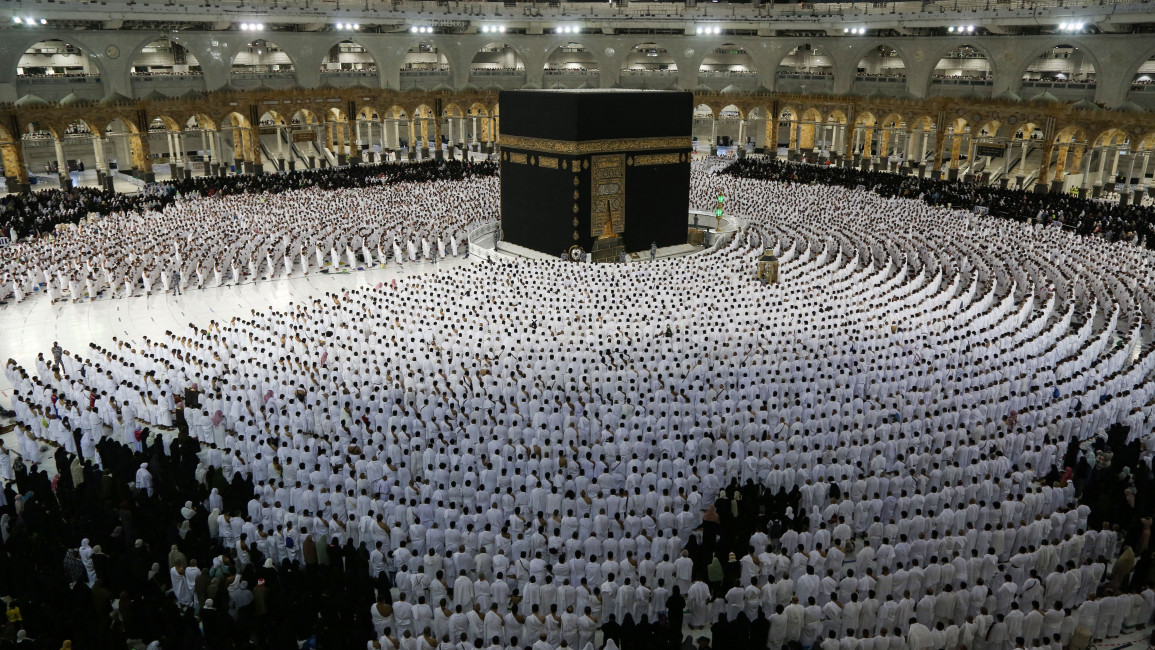When is Ramadan 2024? What is the importance of the 15th of Shaaban? And how is moon sighted around the world?
For Muslims around the world, the holy month of Ramadan is fast approaching. While the exact dates may vary slightly depending on local moon sightings, this year, Ramadan is expected to begin in the evening of Sunday, March 10th, 2024. This means faithful observers will likely start fasting on the morning of Monday, March 11th.
Key Ramadan Dates for 2024:
- Start of Ramadan: March 10th (evening)
- First Day of Fasting: March 11th
- End of Ramadan: April 9th (evening) (subject to moon sighting)
- Eid al-Fitr: April 10th-13th (expected)
Understanding the Lunar Calendar:
These dates are based on astronomical calculations and the Islamic calendar, which is lunar-based. This means it's shorter than the Gregorian calendar typically used, causing Ramadan to "move" roughly 10 days earlier each year in our standard calendar. While it might seem early this year, it's simply following the rhythm of the moon cycle.
Local Moon Sightings:
It's important to note that the official start of Ramadan in any specific location is always determined by the local sighting of the crescent moon. This traditional practice holds significant cultural and religious importance for many Muslims.
This tradition is not without controversy.
Traditionally, Muslims rely on local crescent moon sightings to mark the start of religious months. However, countries like Saudi Arabia often announces dates sometimes differing from actual observations. This sparks chaos, with neighboring mosques celebrating Eid on separate days, even families divided. There is also often a Sunni-Shia divide around these dates.
Groups like the New Crescent Society, a UK-based group want to revive the local moonsighting tradition. They argue relying on Saudi Arabia announcements promotes disconnection from nature and Islamic heritage. Their solution? Local communities gathering to sight the moon themselves.
Shaaban
Ramadan is a month of fasting, prayer, reflection, and community. This year will be particularly harsh for the Muslim world, as all eyes will be on Gaza where Israel continues its war and has threatened to escalate its offensives into Rafah despite Ramadan.
Ramadan is the ninth month of the Hijri calendar, a lunar calendar followed by Muslims worldwide. It sits between Sha'ban (eighth month) and Shawwal (tenth month).
The 15th of Shaaban, also known as Laylat al-Bara'ah or Shab-e-Barat, is a significant night in the Islamic calendar, but the way it's celebrated varies depending on individual beliefs and cultural traditions. This year, it will fall on February 25, 2024.
Here's a breakdown of different views and practices:
- Prayer: Many Muslims engage in special prayers throughout the night, including Qiyam al-layl (night vigil) and reciting specific duas (supplications).
- Fasting: Some choose to fast on the day before (14th Shaban) or both the 14th and 15th.
- Charity: Giving to charity and helping others is an important aspect for many, following the spirit of increased good deeds during this time.
- Candle lighting and decorations: Certain traditions like lighting candles, lamps, or decorating homes but these are considered innovations (bid'ah) by some scholars of more strict interpretations of Islam.
- Visiting graveyards: While visiting graves to remember deceased loved ones is permissible, some practices associated with this night, like praying specifically for the dead, are questioned by scholars.
- Preparing for Ramadan: Many use this night to spiritually prepare for the upcoming holy month of Ramadan, setting intentions and making personal commitments.
Hijri (Islamic lunar) calendar
The Hijri calendar consists of 12 months:
- Muharram: Islamic New Year, marks significant historical events.
- Safar: Period of reflection and preparation for upcoming months.
- Rabi' al-Awwal: Birth month of Prophet Muhammad.
- Rabi' al-Thani: Known for weddings and joyous occasions.
- Jumada al-Awwal: Period of seeking blessings and spiritual growth.
- Jumada al-Thani: Month of Hajj pilgrimage preparations.
- Rajab: Considered a sacred month with emphasis on mercy and good deeds.
- Sha'ban: Month of preparation for Ramadan, increased devotion and charity.
- Ramadan: Holiest month, marked by fasting, prayer, and reflection. Many undertake the Umrah minor pilgrimage to Mecca in this month which ends with Eid al-Fitr.
- Shawwal: Month of Eid al-Fitr celebration, marking the end of Ramadan.
- Dhu al-Qadah: Preparations for Hajj pilgrimage culminate here.
- Dhu al-Hijjah: Hajj pilgrimage and Eid al-Adha celebration take place



